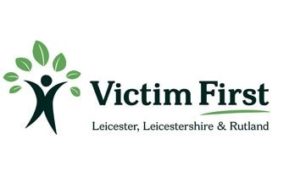Coercive Control Written by Shivani, Caseworker at Victim First

Victim First is a free, independent and confidential service for victims and witnesses of crime. Whether or not the crime has been reported, and regardless of when it happened, our team’s priority is to ensure that the victim is given the support to help them cope and recover.
Controlling or coercive behaviour – one of the most misunderstood forms of domestic abuse – is on the increase. Controlling or Coercive Behaviour only became an offence in 2015, it’s best described as a purposeful pattern of incidents that occur over time, in order for an individual to exert power, control or coercion over another. The CPS Case Information System recorded 960 offences of coercive and controlling behaviour where a prosecution commenced at magistrates’ courts in the year ending March 2018. This is a three-fold increase from 309 the year before. Furthermore, one study found that 95% of domestic abuse survivors reported experiencing coercive control[1].
That’s why as part of the ‘16 Days of Action’ campaign on domestic abuse, we’re keen to raise awareness of coercive control to help enable individuals seek and access support.
We have created an infographic that shows legislation, the various types of coercive control and a case study. It also provides details for local and national support services for individuals. We’ll be sharing it across Leicester, Leicestershire and Rutland with partners and with the public at events over the next 16 days. It’s also available on our website so please feel free to download it; it may help to increase understanding or even save a life.
As always, you can follow our social media pages on the following links to see what we’re up to. There’s also a live chat function on our website – so if you or someone you know needs support, do get in touch.
Website: https://victimfirst.org/ Instagram: Victim1st Twitter: @Victim1st


